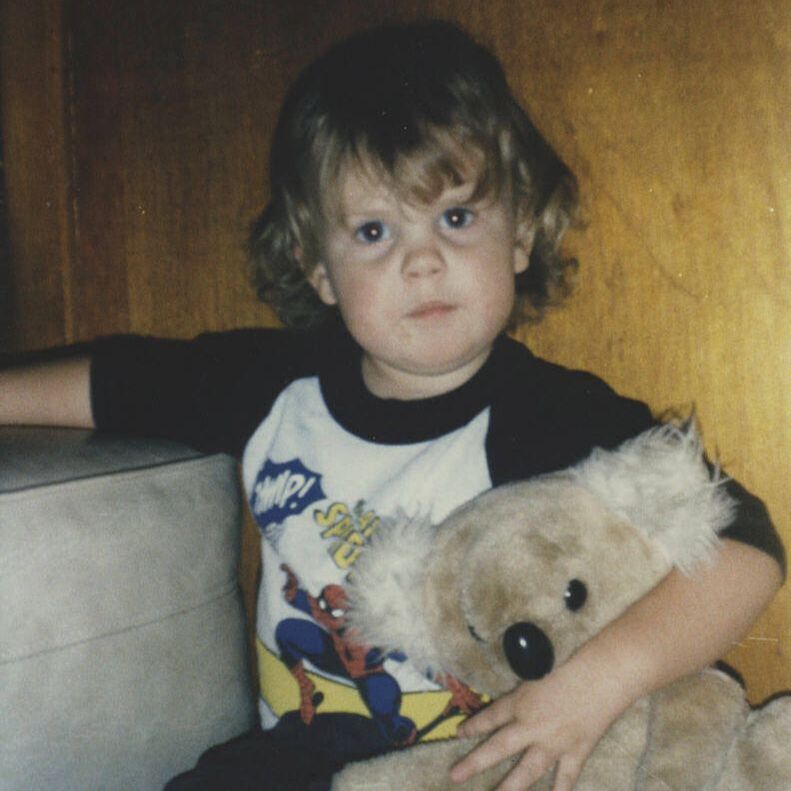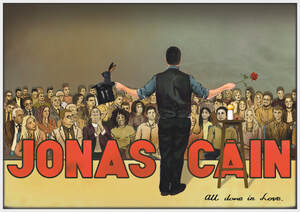|
Most of the details are now forgotten, but two names have stayed with me, even after all this time.
Athena is the one who called me out, causing a rush of humiliation to crash over me. Nick wasn’t even there, but he was the one receiving the brunt of my tacit deceit. Just to be clear, my behavior that day was not motivated by a desire to hurt Nick. Rather, it was motivated by a desire to preserve my own reputation and good standing in the group. The problem is, sometimes in an effort to save ourselves, we can hurt others along the way—whether intentionally or unintentionally. And in middle school, I learned that lesson the hard way. Nick, Athena, and I (and a fourth person who I’ve long since forgotten) were working together for several days on a group project for social studies class. I don’t remember who the fourth person was—most likely because my interaction with them hadn’t elicited an emotional connection. And I also don’t remember what the project was about—again, most likely because it hadn’t tapped into the affective domain of experiences that can embed lasting bookmarks in our memories. But what I do remember is that on this particular day in question, Nick was absent from class and there was a particularly important piece of paper that we needed to help us finish the project—but none of us could find it. Someone suggested that Nick probably had it, and the other agreed—and together they started saying terrible things about Nick for leaving us high and dry. As for me, I had no words. As a shy kid who preferred to stay invisible, I was just glad they weren’t talking about me. But when class was nearly over that day, I discovered the real reason why we couldn't find that most important piece of paper: it was hiding behind some papers in my backpack. At first, I was relieved to have discovered it! But the relief was short-lived, because my thoughts then turned to how my partners had spoken so poorly of Nick. I became sick to my stomach. I didn’t want to tell them I found the paper because I didn’t want them to turn their anger toward me. So instead, I contrived a devious plan to avoid humiliation, by secretly placing the paper onto the floor under the desks. I reasoned that eventually, someone would “discover” it there, and they would assume one of us had simply dropped it—but no one would know who. But just as I put this plan into action, Athena caught me in the act and immediately recognized the paper as the one we had been looking for. “You’re trying to pretend it’s been there the whole time!" she scolded. "I saw you do it! You’re lying!” I had no words. Just like I had no words in defense of Nick. I was completely humiliated. This experience taught me a valuable lesson—a lesson that was felt and understood immediately in the moment, and over the course of nearly three decades was eventually put into words: We can choose to be humble, or we can wait to be humiliated. As agents of Free Will, the choice is ours. Which do you choose? Reflection Think about a time in your life when a lack of humility led to humiliation. How has this experience affected your behavior? And what might you do to bring more humility into your life to empower positive relationships? |
AuthorI'm a mirror (and so are you). Topics
All
Archives
February 2022
|


 RSS Feed
RSS Feed
